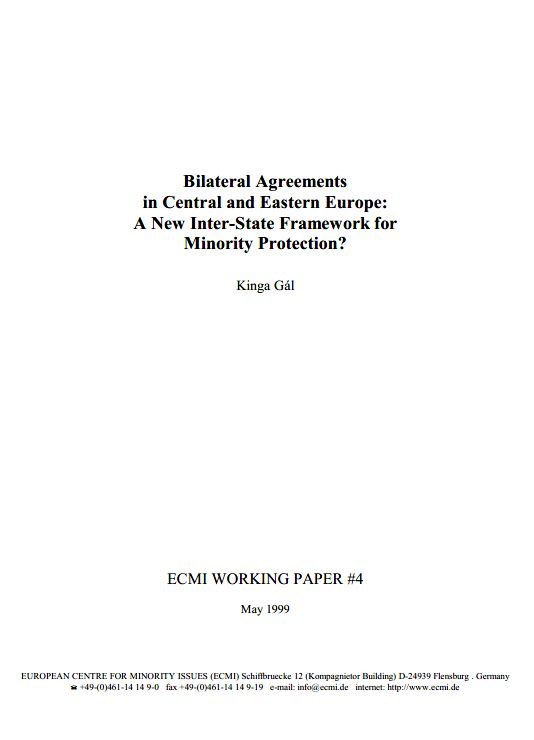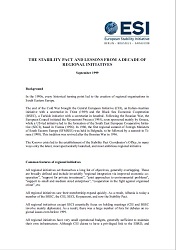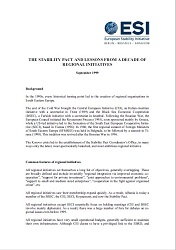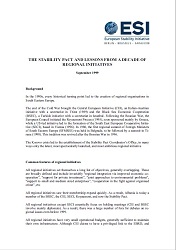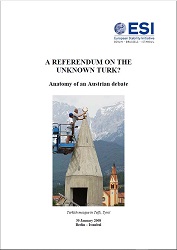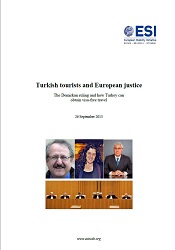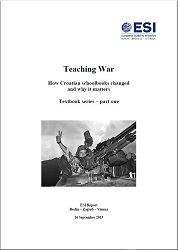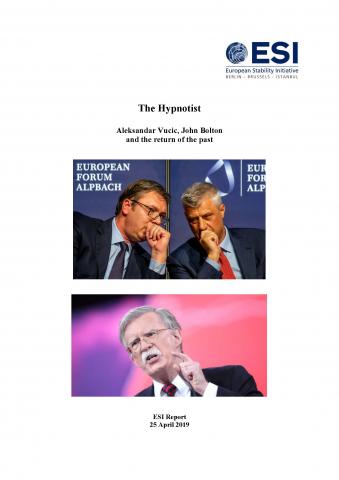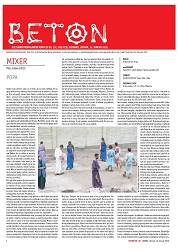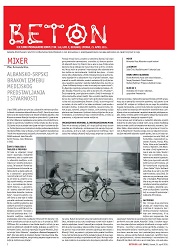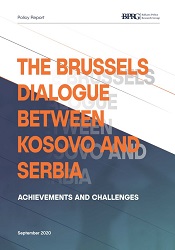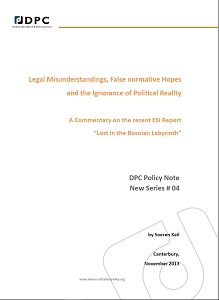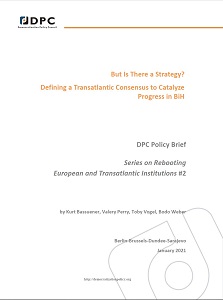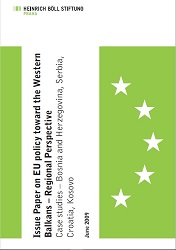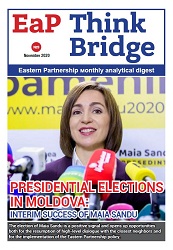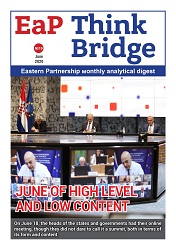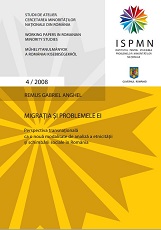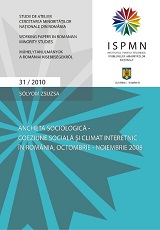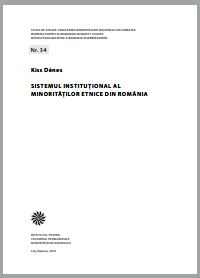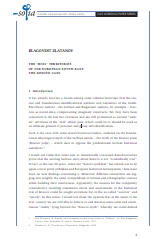
Switching Antagonist Roles: Conflicting Identities and Majority/Minority Reactions. a Case Study on the Region of Szeklerland – Transylvania
This paper is the result of a research study undertaken within the frame of the NEXUS international team project on “How To Think About the Balkans: Culture, Region, Identities”, one of the research branches of the Blue Bird policy project. The project was hosted by the Centre for Advanced Study in Sofi a and supported by the Volkswagen Foundation, the European Cultural Foundation and the Netherlands Institute for Advanced Study. The interpretations included here draw upon interviews and data surveys carried out by the author in association with Irina Curie, Anca Covrig, Lorand Cziprian, Camil Postelnicu, Cristina Ra{ and Stefania Toma, sociologists and research assistants from Babe§-Bolyai University, Cluj-Napoca, members of the scientifi c team of the Research Center for Interethnic Relations (CCRIT). For this presentation the author has used the results of the sociological survey of (CCRIT) carried out between June 25-July 5, 2000 in the counties of Szeklerland (Szekelyfold in Hungarian, Secuime in Romanian), as part of a project entitled “The Deconstruction and Reconstruction of an Image: the Population of Covasna and Harghita Counties”, fi nanced jointly by the Ethnocultural Diversity Resource Center and the Open Society Foundation”. Data refer also to the Ethnobarometer. Interethnic Relations in Romania, May-June 2000, research fi nanced by the United States Agency for International Development. A shorter, earlier version of this study focused on identity perceptions and interethnic relations in Szekerland. Elements for a “deconstruction” and a “reconstruction”*, in Lucian Nastatsa, Levente Salat (ed.), Interethnic Relations in Post-Communist Romania, Cluj-Napoca, Ethnocultural Diversity Resource Center, 2000.
More...
